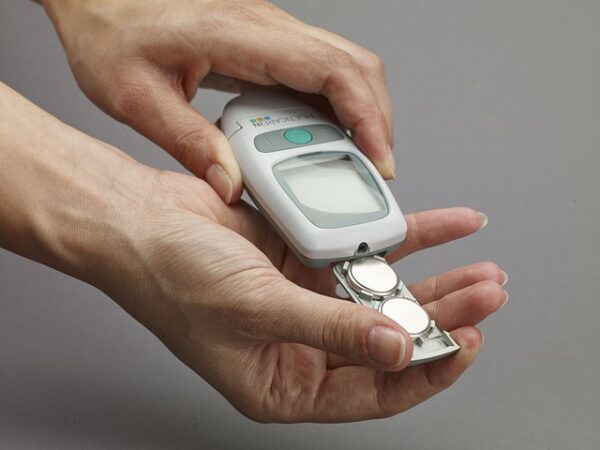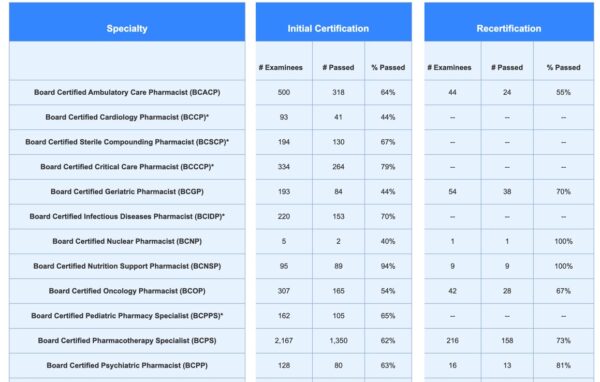BLOG
Lasmiditan Versus Triptans
Lasmiditan (Reyvow) is an agent that can be utilized for acute migraine treatment. It works slightly differently than triptans. While triptans target serotonin receptor subtypes 1B and 1D,...
Expanding Pharmacy Role in Pharmacogenomics
While many have continued to have a frustrated attitude with the role of pharmacists in our healthcare system, I remain optimistic. I have always felt that pharmacist provider status will happen....
2022 Diabetes Guidelines – Pharmacotherapy Essentials
The American Diabetes Association released their 2022 Diabetes Guidelines update. While I wouldn't call the changes earth-shattering, there are some items in relation to pharmacotherapy that I feel...
BCACP 2022 Exam Information
Per request, following our review of BCGP and BCPS information we wanted to provide a similar rundown of the BCACP 2022 Exam content outline, frequently asked questions, and study materials. Also of...
BCGP 2022 Exam + Some BIG NEWS On Board Certification
Before I get to the BCGP 2022 Exam info, we've got some big news to share from the Board of Pharmacy Specialties (BPS). If you are looking to take any exam this spring (BCGP, BCPS, BCACP, BCPP,...
“I’d Like To Stop All My Medications” – Case Study
A 76-year-old female is tired of taking so many medications. She reports to you that "I'd like to stop all my medications". While she understands that she likely cannot stop all of them, she'd like...
Gout Case Study
In this gout case study, a 66-year-old female has a past medical history of diabetes, neuropathy, depression, migraines, insomnia, gout, and hypertension. She has numerous complaints. Her gout has...
2022 BCPS Exam Information, Content Outline, and Study Materials
In the video below I discuss 2022 BCPS Exam information, content outline, and study materials. Critical points from the video include: What to study when it comes to each of the major sections of...
Tricyclic Antidepressant Clinical Pearls
Tricyclic antidepressants are still used in clinical practice. Their use has diminished over time as newer and generally safer medications have been invented, but you will see them occasionally. In...
Does Augmentin Cause More Diarrhea Than Amoxicillin?
I try to tackle questions that I receive periodically and someone asked me the other day, "In your experience, does amoxicillin/clavulanate cause more diarrhea than amoxicillin?" Amoxicillin and...











